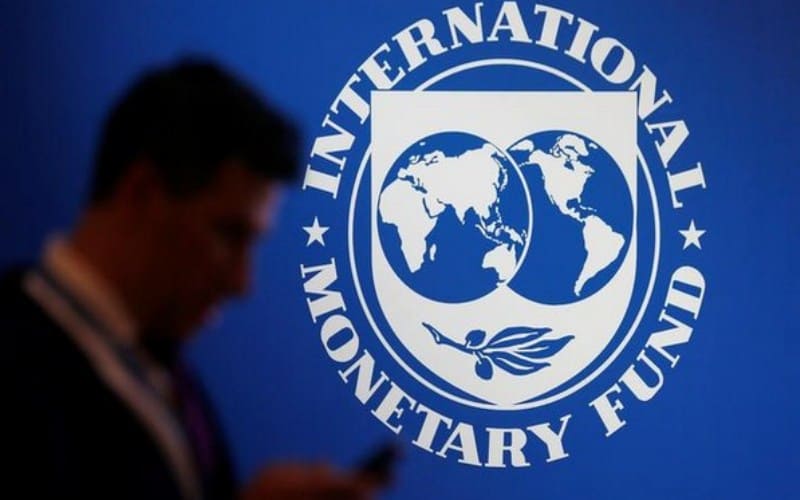Islamabad [Pakistan]: Pakistan’s failure to exit from Financial Action Task Force’s (FATF) grey list is a risk to the recently approved International Monetary Fund (IMF) loan worth USD six billion, said Teresa Daban Sanchez, IMF’s Resident Representative for the country.
“Failure to exit from the FATF grey list is a risk to the recently approved $6 billion IMF deal…The IMF is responsible for the financial system stability and the FATF-related issues hamper taxation and undermine banking system,” The Express Tribune quoted Sanchez as saying.
Pakistan is currently grappling with a debt-ridden economy, having secured bailouts (including that from the IMF) to stay afloat. It has been warned by the FATF with repercussions — which may include blacklisting — if it fails to stop terror financing, amongst other things.
Sanchez further said that an exit from the FATF list is crucial for securing private sector credit to meet external financing needs. She also added that the FATF greylisting “undermines capital inflows in addition to affecting the private sector.”
“A potential blacklisting by FATF can result in a freeze of capital inflows to Pakistan, jeopardising the financing assurances under the programme,” the Resident Representative stated.
The IMF official highlighted the need for Pakistan to exit from the FATF grey list ahead of the final review of the 27-point implementation plan by the FATF Plenary and the review of Pakistan’s Mutual Evaluation by the Asia Pacific Group on Money Laundering.
“The IMF has an obligation to make sure that countries have legal, regulatory and financial frameworks that are compliant with the FATF’s AML/CFT regulations and this decision had been taken by the IMF’s Executive Board a few years ago,” Sanchez said.
She also added that Pakistan had shared full details of the China-Pakistan Economic Corridor (CPEC) loans with IMF.

